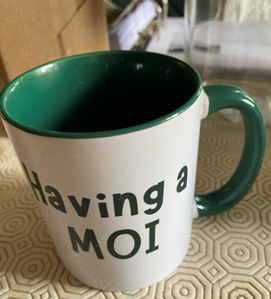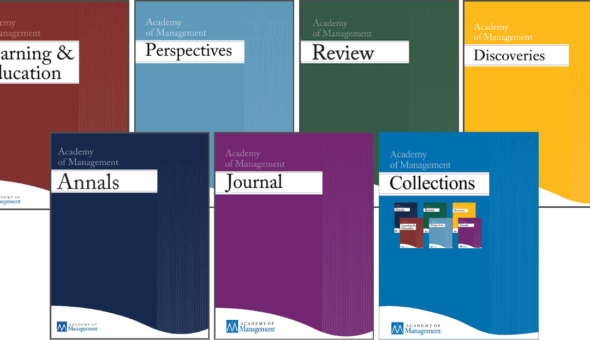Research from PhD student Inge Aben, under supervision of Professors Juani Swart, Nancy Harding and Russ Vince, suggests a new way of looking at introversion. Here, she explains why this matters.
Regarding introversion as an innate and static personality trait has obscured how introverting – the act of turning inwards to connect deeply to ourselves and to what we value – is beneficial for our mental health, improves ethical decision-making and helps us flourish at work and at home.
Since Carl Jung coined the term more than a century ago, introversion has been known as a personality trait that can be measured using personality tests such as the Myers-Briggs Type Indicator. It is claimed that introversion, and extraversion for that matter, defines what kind of people we are, how we interact with others and how we prefer to live.

Whilst knowing thyself is undoubtedly useful for personal development, labels can equally bring limitations. This is particularly the case for introverts, who, despite recent increased positive attention, are still considered to struggle. For example, in business environments they are viewed as reluctant leaders and lacking team spirit – and based on these prejudices often face discrimination in the workplace.
Bias regarding the so-called awkward, selfish and reserved introvert still abounds, as exemplified by the genre of self-help books that support introverts, in opposition to the lack of corresponding tomes for extraverts.
Looking inwards
Our research has successfully challenged this negative portrayal and has revealed that introversion is not a trait to mitigate, but rather something we do, a process of turning towards oneself. As such, we reframe introversion as something we do and experience in a moment: a ‘Moment of Introverting (MOI)’.
We found that this turning inwards is characterised by a deep connection to what we think and feel in that moment. We reach for what we value, what we believe and, as one participant told us, to “what really matters”. We connect to the inside and temporarily exclude the outside noise that surrounds and sometimes overwhelms us.
MOIs can be experienced as a push: we suddenly pull up the drawbridge, drawing a boundary between ourselves and the world, and disconnect – often in response to something that happens at that moment in time.
Or we may drift into a MOI while running, painting, sitting on a park bench or having a coffee, maybe noticing afterwards that we have not paid attention to our surroundings while going

inwards.
We can also take a MOI, where – as with meditation and mindfulness – we consciously turn inwards to sit with what we feel and “think our thoughts”. However, we do not ever get pushed into meditation or mindfulness. We do, at times, get pushed into a MOI, so it is important that we become aware of these and learn how to make them work for us.
Dedicated disconnections
Regardless of how the MOI is experienced, they allow us to connect deeply to what we really think and feel. They give us space and time, and offer a sense of freedom to listen to emotions that are too often ignored or laughed at.
However, MOIs are not always easy to take or accept in a world that is relentlessly connected. A world that is constantly asking for a focus on work, on studies, on colleagues, sales targets, the constant influx of information through social media. In many environments, performance is established through interaction, response and presence.
It is clear from our findings, however, that MOIs – despite rendering us temporarily absent – improve performance. We noted examples of increased care for employees, decisions that were value-based, and even MOIs leading to promotion and empowerment.
Having listened to and taken our own thoughts and feelings seriously in the freedom and safety of a MOI empowers us to do what is needed, what is just, what is sane and ethical.
Captured moments
 Our research conversations were led by pictures that participants had taken of their MOIs. These pictures managed to capture aspects of introverting that words could not.
Our research conversations were led by pictures that participants had taken of their MOIs. These pictures managed to capture aspects of introverting that words could not.
Where introversion might have been seen as awkward and underperforming, introverting leads to improved wellbeing. Being silent and temporarily absent is not proof of selfishness but can be a sign of deep reflection, an inwards connection that informs wisdom.
Irrespective of any personality traits, next time that you feel yourself suddenly moving away into a space that feels separate from your environment, stick with it. Embrace the exclusion from the outside world and take the moment, because your gut might be telling you something you need to hear.
Allow yourself to ignore what is around you, turn inwards and connect to what matters to you. This is not selfish; it is wise. Just say that you are having a MOI.
Respond



